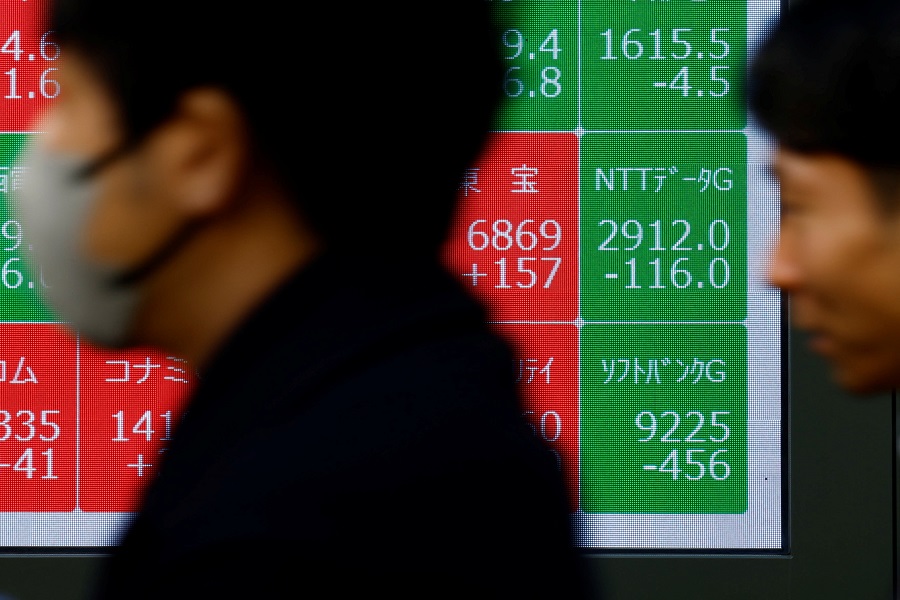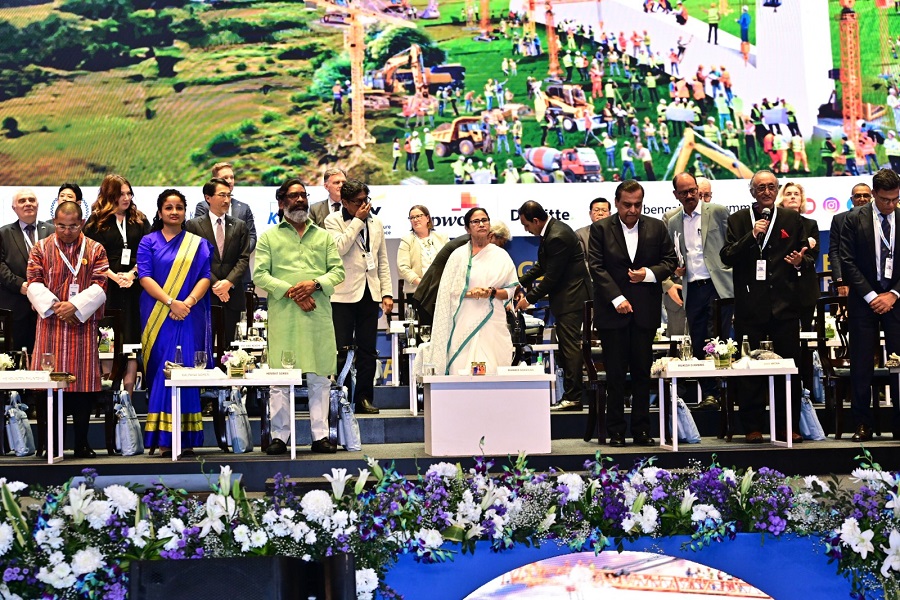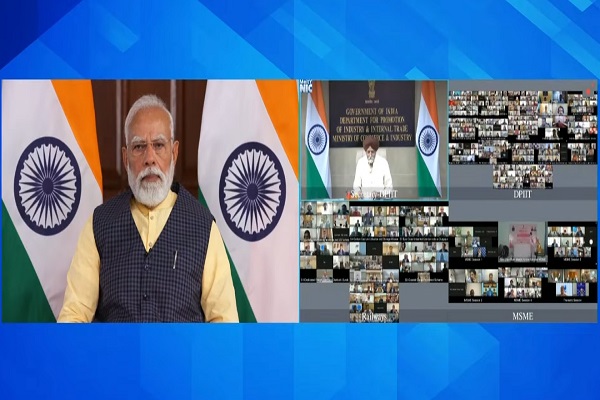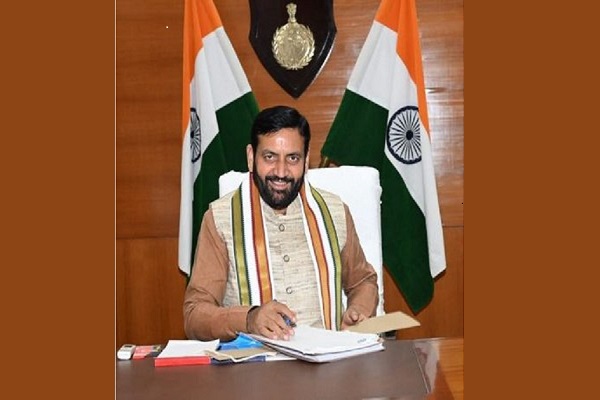Complex fertiliser volume to grow 2-4% in FY26 amid geopolitical issues: Crisil Ratings
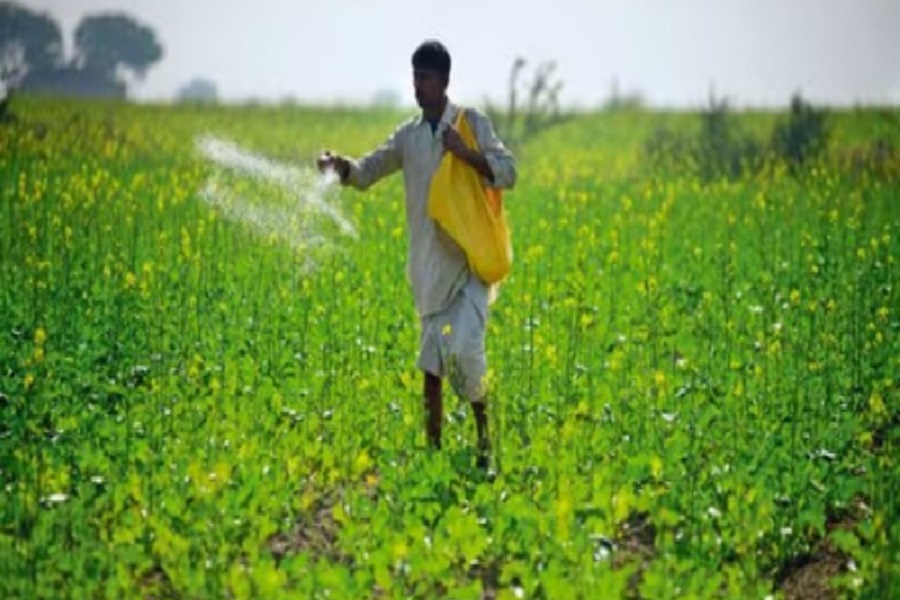
Crisil Ratings in its latest report has said that volume growth of complex fertilisers is seen slowing to 2-4% this fiscal (FY26) after a strong 9% print last fiscal (FY25) because of availability issues with imported fertilisers, ongoing geopolitical disruptions and high-base effect. It stated that supply disruptions have also led to a rise in raw material prices, which in turn may increase the subsidy requirement. However, it said credit profiles are seen stable because of steady profitability, expected additional subsidy allocation and its timely disbursement.
Complex fertilisers account for a third of the overall domestic fertiliser consumption of which nitrogen phosphorus potassium (NPK) grades comprise 55 per cent and di-ammonium phosphate (DAP) comprises the rest. While NPK is largely indigenously produced, around 60 per cent of the DAP requirement is met via imports. Further, the report stated that key raw materials for both NPK and DAP are primarily imported due to limited domestic reserves. Given such high import dependence, sales growth as well as the mix is primarily influenced by the supply side factors.
In FY25, geopolitical uncertainties, including export curbs by China, which accounts for a third of India's imports, impacted DAP availability globally. This led to a surge in imported DAP prices making such imports unviable. Meanwhile, domestic manufacturers prioritised NPK production, which is fungible with DAP production, due to better cost economics. This impacted the supply of DAP, which saw a steep decline of 12 per cent on year in volumes, while NPK volumes surged 28 per cent.
On the high base of last fiscal, the NPK volumes are expected to grow 4-6 per cent this fiscal, supported by an adequate monsoon. In contrast, DAP volumes are expected to remain flat as prices remain high, though availability is expected to improve. Crisil Ratings Director Anand Kulkarni said ‘This will be supported by additional special compensation for DAP imports by the government, alternative arrangements such as a long-term agreement with Saudi Arabia, and easing trade tensions with China. Over the rest of this fiscal, NPK demand is expected to normalise as the trend of DAP degrowth reverses with increased availability.’













